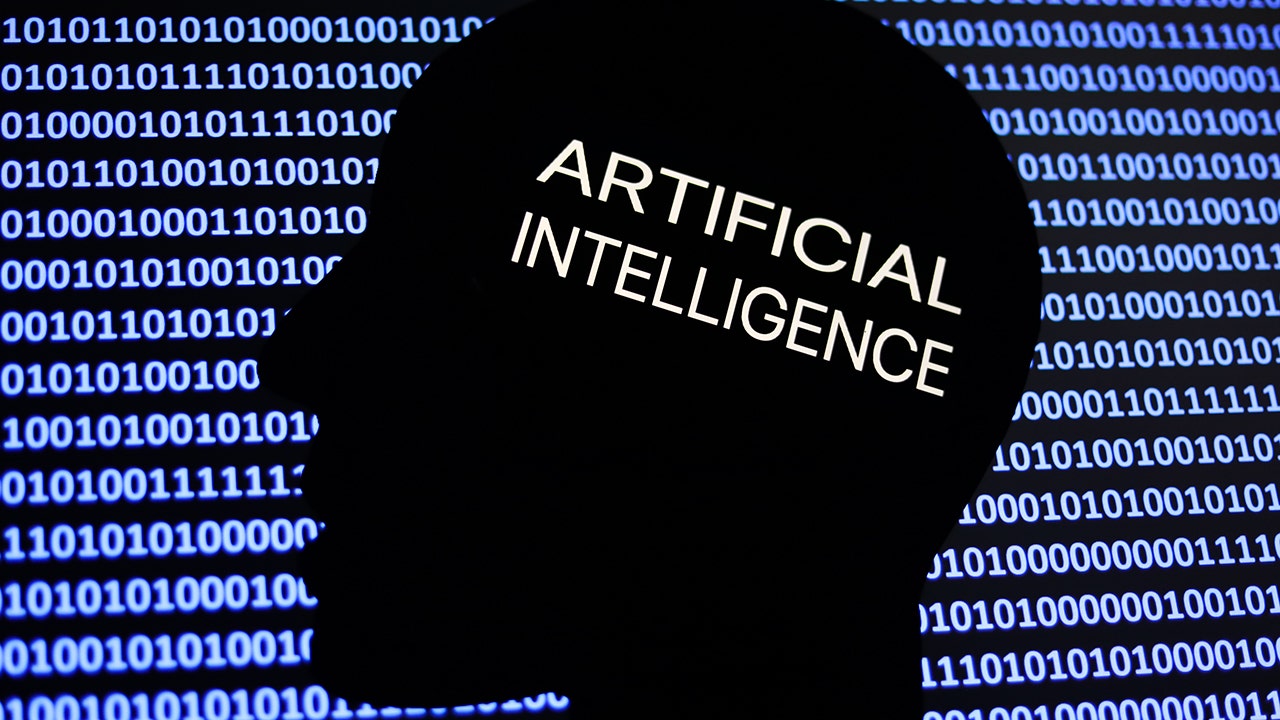You now have the ability to listen to Fox News articles! In 1992, President George H.W. Bush spoke in my hometown of Wixom, Michigan, during his reelection campaign. From the back of a train, he rightfully praised his achievement of ending the Cold War through the Strategic Arms Reduction Treaty (START), which eased the fear of nuclear war. The nuclear narrative dates back to 1945 when the Manhattan Project led to the creation of the first atomic bomb. It took over a decade for the world to form the International Atomic Energy Agency, but unfortunately, it was already too late. President Truman had already used atomic bombs on Hiroshima and Nagasaki, resulting in countless deaths and initiating a dangerous arms race with the USSR.
Decades after President Bush’s visit, I find myself reflecting on the challenges of nuclear arms as we delve into the realm of Artificial Intelligence (AI). Leading AI experts acknowledge its incredible potential, such as curing diseases and addressing climate change, but they also recognize the very real dangers it poses. CEOs of prominent companies like OpenAI, Google Deepmind, and Microsoft, openly admit that mitigating the risks of AI is crucial and should be prioritized alongside other global-scale risks like pandemics and nuclear war. More than a thousand technology leaders and experts have signed an open letter calling for a six-month pause in AI development due to its profound risks to society and humanity.
Without proper safeguards, AI has the potential to present serious risks to our civilization, including autonomous weapons systems driven by AI that could incentivize starting wars, and the creation of artificial general intelligence that may work against human interests. However, immediate dangers are already emerging, such as the loss of privacy and trust due to scams, lies, and deepfakes that sow civil unrest.
To develop the most transformative technology in history, companies like OpenAI and Google have collected an enormous amount of personal information from the internet, including our creative work, copyrighted materials, photographs, conversations, and comments. By consolidating this data to train AI, they have gained comprehensive knowledge about us. They can create digital clones of us, replicate our voice and appearance, predict and manipulate our actions, and exploit our skills. They are essentially mining our individuality to create artificial versions, making us replaceable, which has led to a conflict with Big Hollywood Studios. SAG-AFTRA President Fran Drescher has even warned that “We are all going to be in jeopardy of being replaced by machines!” In reality, screenwriters and actors, like all workers, are already experiencing widespread job loss.
As a progress-driven society, we often focus on whether we can do something rather than considering if we should. However, this time, Big Tech should have taken into account whether they should use our personal information, as it is illegal. State and federal laws concerning personal property, privacy, copyrights, and consumer protection prohibit such theft and commercial misuse of personal information. None of us consented to our personal data being used to train risky and potentially dangerous technologies that jeopardize people’s safety, privacy, and livelihoods. The choice we are presented with, either using the internet and sacrificing our rights or refraining from using it altogether, is a false one. We should not have to give up our privacy and property rights simply to conduct business and communicate with loved ones online.
That’s why we recently filed lawsuits against OpenAI, Microsoft, and Google on behalf of all Americans, including children, whose personal information was stolen and misused. The main goals of these lawsuits are twofold. Firstly, we argue that until these tech giants demonstrate the effectiveness of privacy and property protections in their AI products, there should be a temporary pause on their commercial use and development. The potential negative outcomes of AI, as we have already seen with social media and nuclear weapons, are too great a price to pay for society. Secondly, Big Tech must recognize that our personal information has value, and it belongs to us. Companies like OpenAI, Microsoft, and Google have significantly increased their market value by taking our information. We are entitled to compensation for what was stolen from us, and these companies should be required to pay us a percentage of their AI-generated revenue as “data dividends.” Alternatively, the AI products created using stolen information should be destroyed.
Big Tech admits that they do not fully understand the technology they are fueling an arms race with, yet they are quickly integrating it into every aspect of our lives. They are capitalizing on the slow pace of government regulation and using it to their advantage before the window of “free data” closes. This is where the courts play a crucial role in applying existing laws to unprecedented circumstances.
When considering the historic moments related to the atomic bomb and the lives lost, the delayed formation of the IAEA, and the near-apocalyptic brink caused by the Cold War, it becomes clear that experts warn us for a reason. Perhaps things would have been different if we had listened to their warnings and taken steps to protect people from such dangerous technologies.
This is an opportunity for us to learn from our mistakes, to fully understand the opportunities and risks presented by AI, and to find a balance between innovation and individual liberties, privacy, and security. It is a chance for us to unite and navigate the era of AI together.
Author’s note: To learn more, voice your concerns, and take action, visit TogetherOn.AI. Ryan J. Clarkson is the Managing Partner at Clarkson Law Firm, P.C. based in Malibu, Calif.
Denial of responsibility! VigourTimes is an automatic aggregator of Global media. In each content, the hyperlink to the primary source is specified. All trademarks belong to their rightful owners, and all materials to their authors. For any complaint, please reach us at – [email protected]. We will take necessary action within 24 hours.


